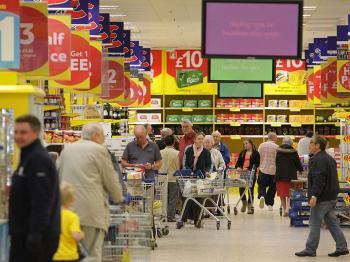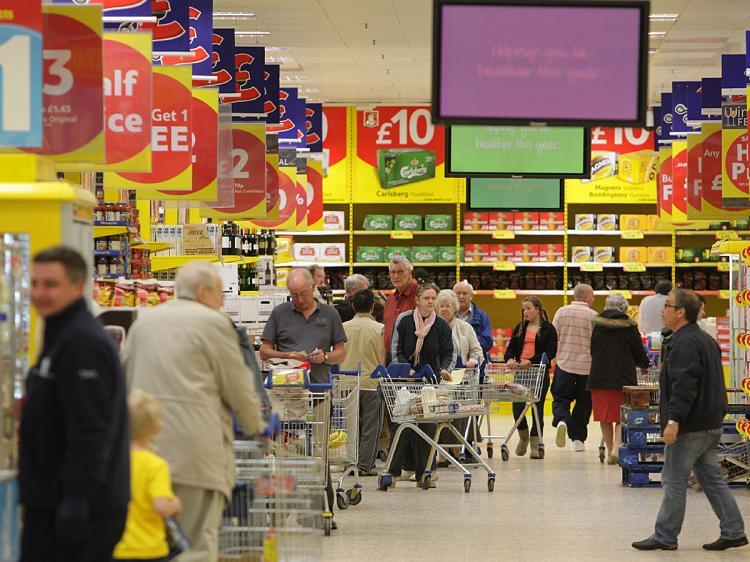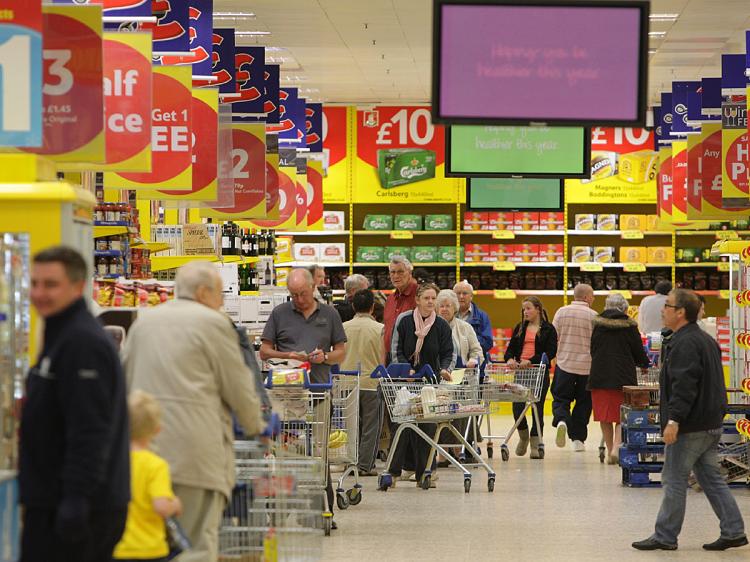Typical household discretionary income (that is after tax contributions and monthly bills,) has risen dramatically over the last twelve months. The average UK family with a mortgage is now 25 percent better off each month than it was last year, according to a report by Ernst & Young (EY).
The increase is driven overwhelmingly by lower mortgage repayments, in line with historically low interest rates. Other costs, such as fuel, electricity, and gas have also fallen from last year’s peak.
“Even though we’re still in recession, many households who have not been hit by unemployment have experienced a dramatic upturn in their monthly budgets over the last year,” said Jason Gordon, retail director at EY.
“However, the figures clearly do not tell the full story. Although a typical consumer (with a mortgage) may now have more money to spend on a monthly basis, the sharp house price declines of the last 12 months have significantly eroded their overall wealth,” Gordon said.
“In addition, alongside falling house prices, the bleak economic climate and fears of job losses have had a devastating impact on consumer confidence. Consequently, many consumers are using their increased monthly spending power to repair savings balances and pay off credit cards and other debts. These gains are certainly not being spent freely on the High Street.”
In spite of these cuts in household bills, some individual costs have continued to rise in 2009, albeit at a relatively modest rate. For instance, typical households have seen rises in tax, insurance, and public transportation.
Gordon added, “In recent weeks, there have been some tentative signs of stability in the economy and the housing market. Consumer confidence has also picked up from its all time low. However, it remains to be seen whether these indicators translate into a sustainable recovery. Until they do, it’s unlikely that consumers will rediscover their appetite for retail therapy.”
The retail sector presents a contrasting picture as a result of recessionary pressures. Despite being better off financially, most consumers are cautious in discretionary spending, or goods and services outside of necessities.
“Although overall like-for-like sales have been consistently in negative territory for 12 months, we’ve seen a rapid increase in the pace of polarization across the retail sector,” Gordon said.





